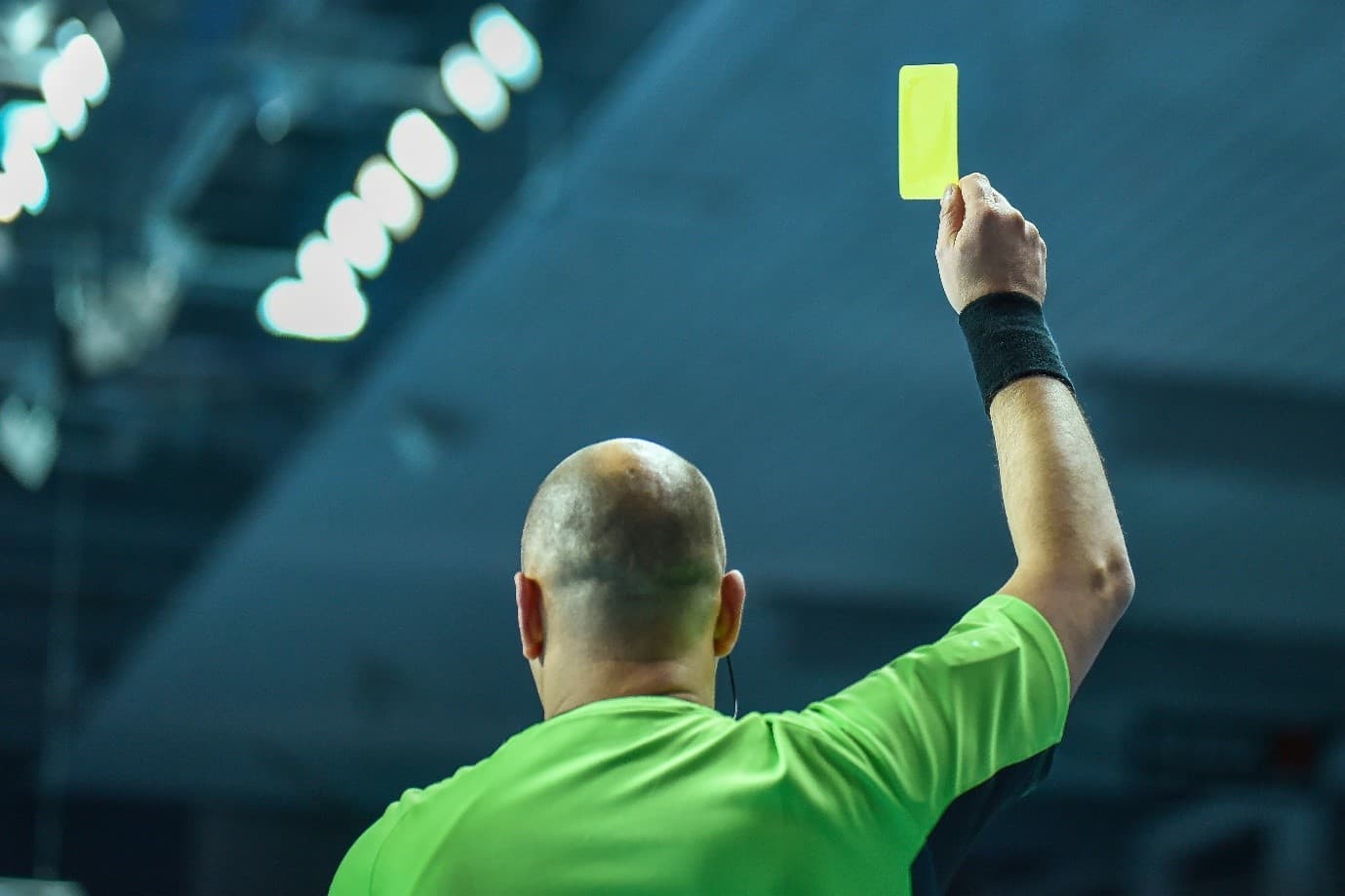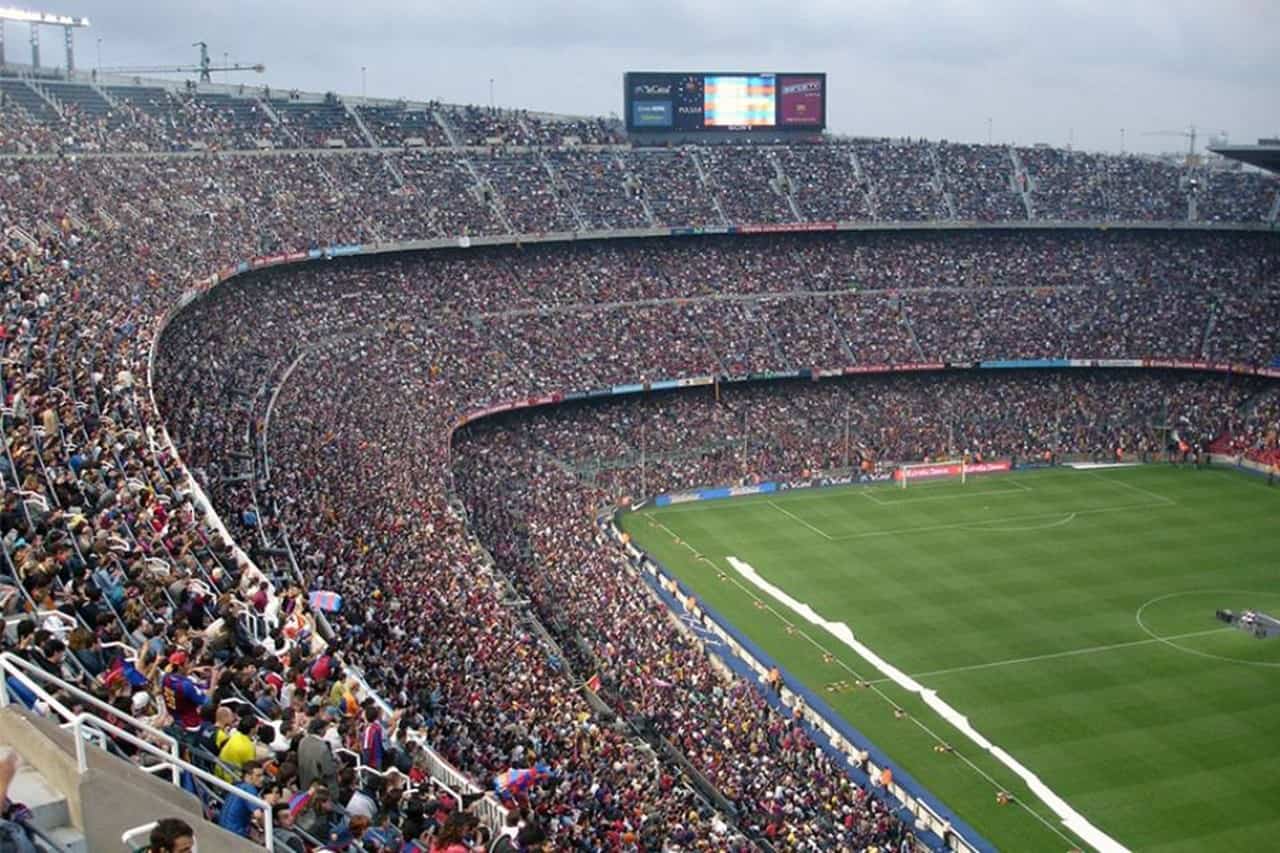The next instalment of football’s greatest showpiece is right around the corner, and for the first time in history, it will be taking place during the Southern African summer. Thanks to the scorching temperatures in Qatar during the tournament’s regular slot in June and July — which can reach as high as the mid 40’s — the competition will now take place during November and December. It’s scarcely believable that another edition of the FIFA World Cup is on the horizon. It doesn’t feel like two minutes since a 19-year old prodigy named Kylian Mbappé was thumping home in Moscow, sealing a second crown for France in the process. Now we’re here, four years later, and online bookmakers that are providing free offers on the World Cup have made Didier Deschamps’ side the joint-favourites to retain their crown.
But what of the African Nations? Our countries haven’t fared too well on the global stage in recent years. Not since Ghana’s heartbreak in South Africa back in 2010 has a nation from Africa truly shone on the international scene. 2018 provided one of the worst years in African football history as Egypt, Morocco, Nigeria, Tunisia and Senegal all perished in the group stages in Russia. This time around, our five representatives will be hoping to put those bad memories firmly in the rearview mirror. But who are those five, and how will they fare?
Senegal – Group A
The majority of our teams have a great chance of at least progressing from the group stages of the World Cup, none more so than the reigning champions of Africa. After his Liverpool teammate, Mohamed Salah, missed the decisive spot-kick when they met in the AFCON final back in February, it was left to Sadio Mané, Senegal’s captain and leader, to bury his penalty and seal a first major tournament in their history. Just as they did in Cameroon, they will be hoping to once again impress in the desert this winter.
And they have a great chance of doing exactly that, healing the wounds of their Group H heartbreak last time around. In Russia, it was Yerry Mina’s 74th-minute winner that booked Colombia a second-round date with England at the Lions of Teranga’s expense. This time around, they have a relatively favourable draw in Group A, alongside the Netherlands, Ecuador and hosts Qatar. As we all know, the hosts, spurred on by a raucous home crowd, usually upset the apple cart at the World Cup. Russia last time around and South Korea back in 2002 are the most commonly used examples. If Aliou Cissé’s men can safely navigate that banana skin, they will be favourites to make it into the last 16, and who knows where else after that.

Tunisia – Group D
Young Malian defender Moussa Sissoko’s own goal was enough to secure back-to-back World Cup appearances since 2006 for Tunisia. Jalel Kadri, who was assistant to the outgoing Mondeher Kebaier — sacked after a dismal Africa Cup of Nations campaign — has a team that is well regimented, conceding just two goals in the whole of qualifying. After being drawn in Group D alongside reigning champions France and European Championship semifinalists Denmark, Kadri will need that rearguard to be as sturdy as ever.
The other team in Tunisia’s group will be one from Peru, Australia or the UAE, which should represent their best chance of obtaining three points, ahead of the crunch clash final group stage game against Les Bleus. The Eagles from Carthage’s star man Whabi Khazri is based in France – regularly turning out for the recently relegated Saint Ettienne. And to add to that, there is an estimated 750,000 Tunisians that reside in France, which provides an interesting subplot to what already is already set up to be a fascinating Group D tie.
Morocco – Group F
Morocco are another nation who are gearing up for their second World Cup in a row. The last time they achieved such a feat was back in 1998. France ‘98 would prove to be their final World Cup for two decades before they resurfaced in 2018, albeit their return was underwhelming. Four years ago, their tournament was over before it had started. Aziz Bouhaddouz’s 95th-minute own goal against Iran meant that the Atlas Lions were already up against it, and a 4th-minute Cristiano Ronaldo header in their second game meant that they were already packing their bags before they even encountered Spain in their final game.
Almost half a decade on though, and Morocco will be fancying their chances. Achraf Hakimi, Noussair Mazraoui and Youssef En-Nesyri have all come of age in recent years however, there is one big problem that Vahid Halilhodzic must resolve if his side is to find success in Qatar. That problem goes by the name of Hakim Ziyech. In March he announced that he won’t be featuring again for his national team due to, what he calls, “misinformation” being spread about him. Although, the lure of another World Cup should prove to be too much to turn down.
Cameroon – Group G
The Indomitable Lions will be hoping to build on their run to the final four of this year’s African Cup of Nations, which they hosted. They will have to navigate a tricky group containing joint-favourites Brazil, and European sides Serbia and Switzerland, should they wish to progress from Group G. There was public outcry after they failed to qualify for the tournament in Russia, only the third time they hadn’t qualified in almost 40 years. With a team containing the likes of André Onana, André-Frank Zambo Anguissa, Vincent Aboubakar and Karl Toko Ekambi, they will be hoping to progress beyond the group stage for the first time since 1990.
Ghana – Group H
Our final representative are another side that will be returning in Qatar, Otto Addo’s Black Stars. 2018 broke Ghana’s spell of qualifying for three consecutive World Cups, an impressive achievement considering they hadn’t qualified for a single tournament in their history up until 2006. Their opponents in Group H are Portugal, Uruguay and South Korea, and with this campaign marking their first without their record scorer and appearance maker Asamoah Gyan, the midfield duo of Thomas Partey and Alfred Duncan will have to step up to the mark if they are to progress.














